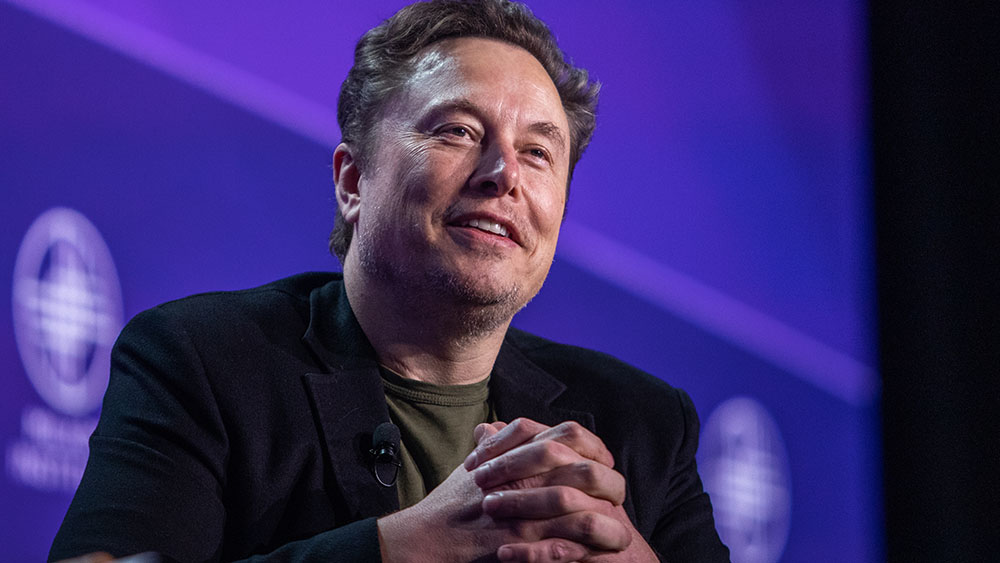 Parler
Parler Gab
Gab
- The WHO is focusing more on policing speech regarding public health and implementing global surveillance systems.
- The WHO continues to advocate for a legally binding international treaty that would allow it to surveil and manage information and dictate national health policies in all member states.
- The WHO's "social listening" program monitors public conversations to gauge public perceptions and address misinformation. Critics worry this infringes on free speech.
- The WHO's broad definition of misinformation, combined with its expanded surveillance powers, raises fears of potential censorship and suppression of alternative viewpoints, potentially at the cost of individual freedoms.
Pandemic Treaty drastically expands WHO surveillance powers
The WHO’s proposed treaty includes several provisions that would dramatically expand its surveillance powers. For example, Article 18 of the treaty calls for member states to "strengthen multisectoral, coordinated, interoperable and integrated One Health surveillance systems." One Health is a concept that links the health of people, animals and ecosystems to create new surveillance and disease control methods. Article 18 essentially gives the WHO the authority to dictate how countries should approach health monitoring across various sectors. Article 11 also pushes for the establishment of global, regional and national collaborative genomics networks dedicated to epidemiological genomic surveillance and the global sharing of emerging pathogens with pandemic potential. This provision extends WHO's surveillance apparatus into taking note of people's genes. The WHO's move for these expanded powers also extends to its efforts to combat so-called misinformation and disinformation. The organization has been working to develop tools, frameworks and training programs to help member states address supposed health misinformation and disinformation. One such initiative is the OpenWHO platform, which provides training and resources for detecting, analyzing and addressing misinformation. However, the WHO's definition of misinformation and disinformation is broad and can be subject to interpretation. This has led to WHO critics' becoming concerned about the potential for censorship and the suppression of alternative viewpoints. The WHO's efforts to manage misinformation also extend to "social listening," which can be seen as a form of surveillance, and many critics argue that it infringes on personal freedoms and the right to free speech. Watch this video discussing the views of Dr. Brock Chisholm, the WHO's first director-general, including how he believed in the necessity of creating a world government. This video is from the ThriveTime Show channel on Brighteon.com.More related stories:
Global leaders unite to clamp down on “misinformation” with UN-backed Cascais Declaration. World Health Organization official admits VACCINE PASSPORTS were a SCAM. World Health Organization backtracks on its COVID-19 vaccine stance, says injections are “low priority” for kids. Sources include: ReclaimTheNet.org 1 ReclaimTheNet.org 2 WHO.int Bighteon.comElon Musk changes X algorithm after getting ratioed for demanding more H-1B visas
By News Editors // Share
Governments continue to obscure COVID-19 vaccine data amid rising concerns over excess deaths
By patricklewis // Share
Tech giant Microsoft backs EXTINCTION with its support of carbon capture programs
By ramontomeydw // Share
Germany to resume arms exports to Israel despite repeated ceasefire violations
By isabelle // Share










